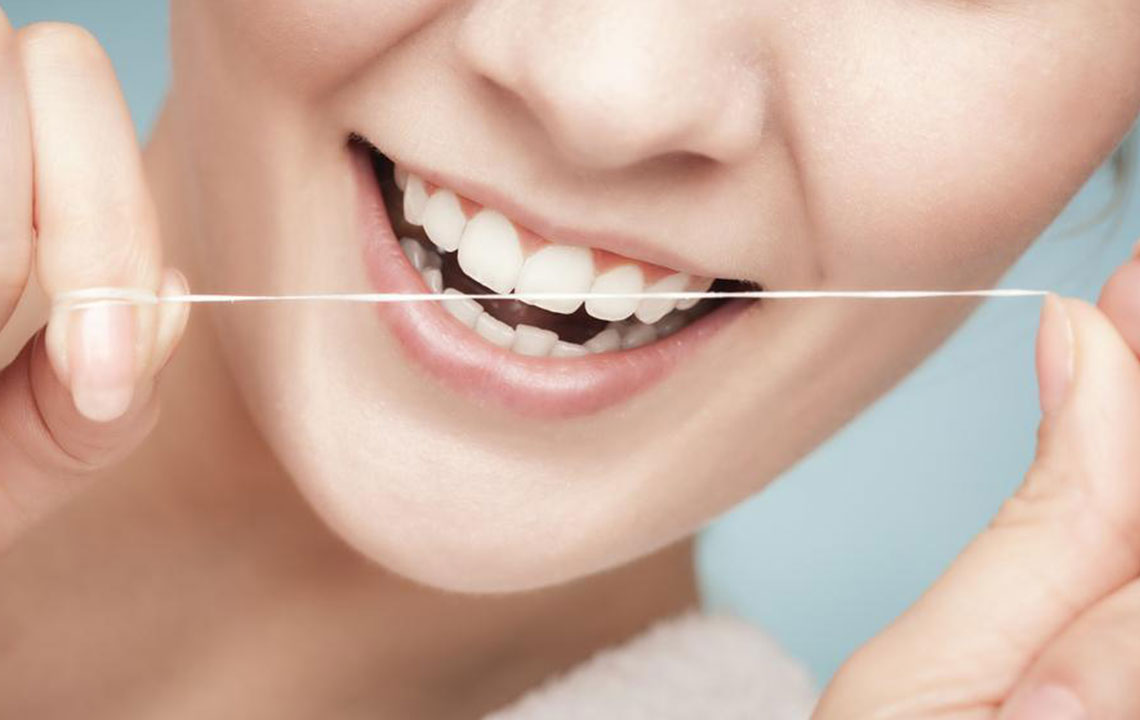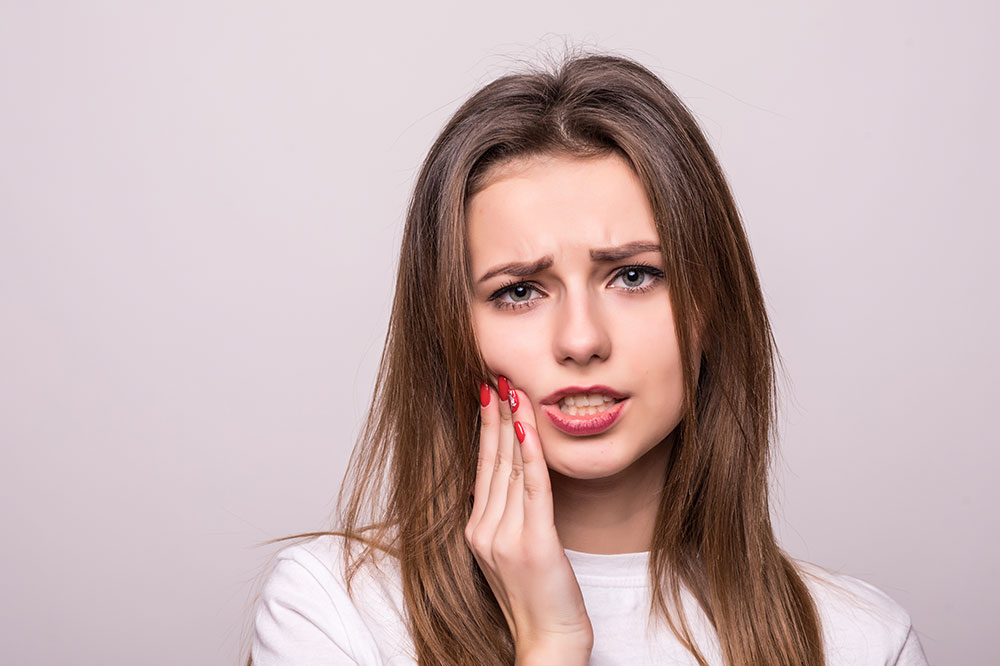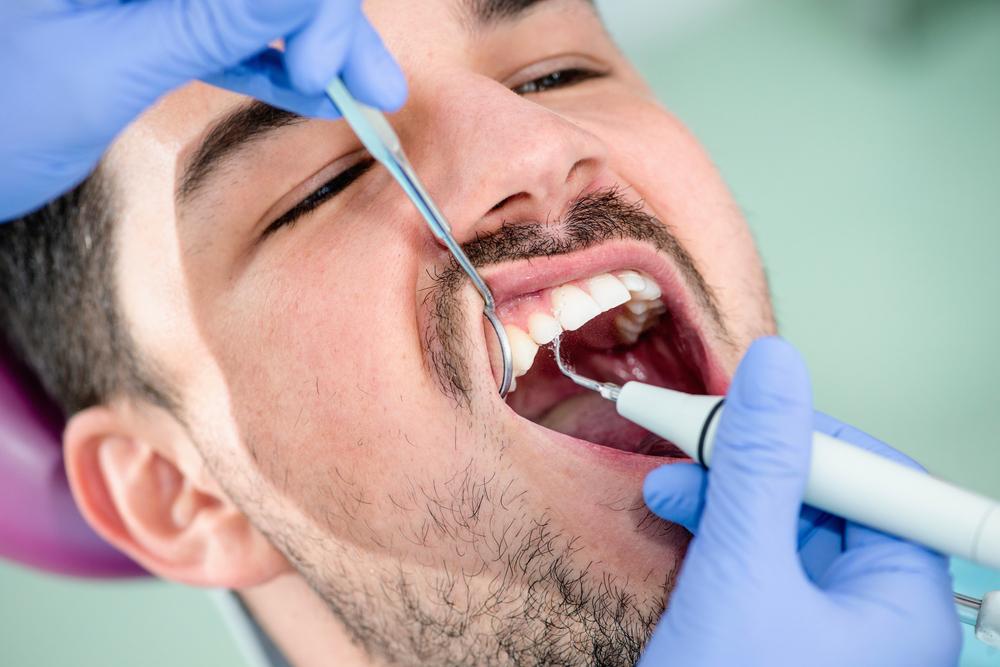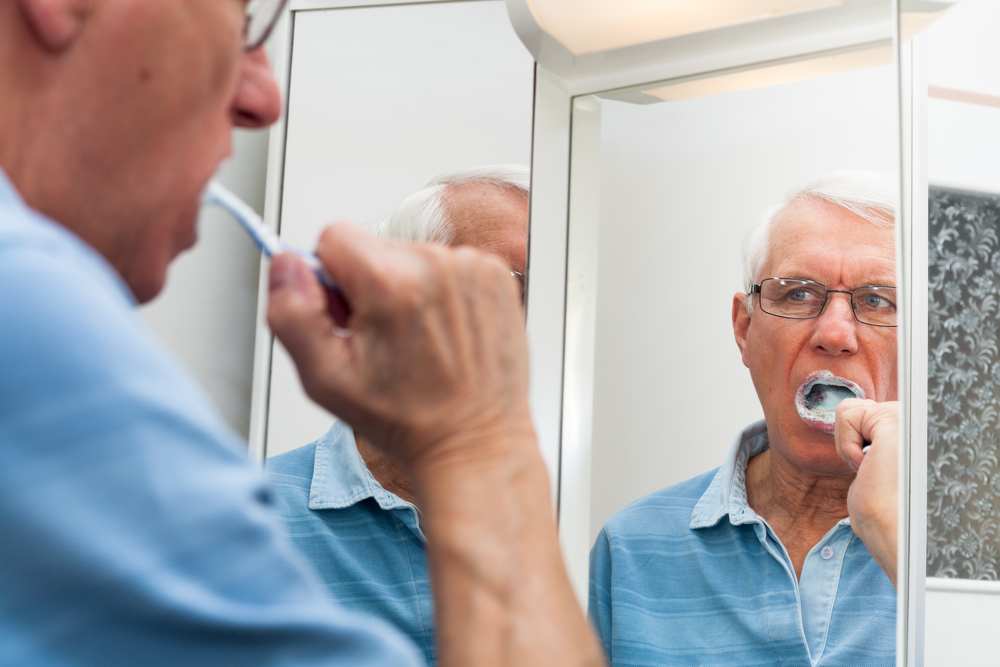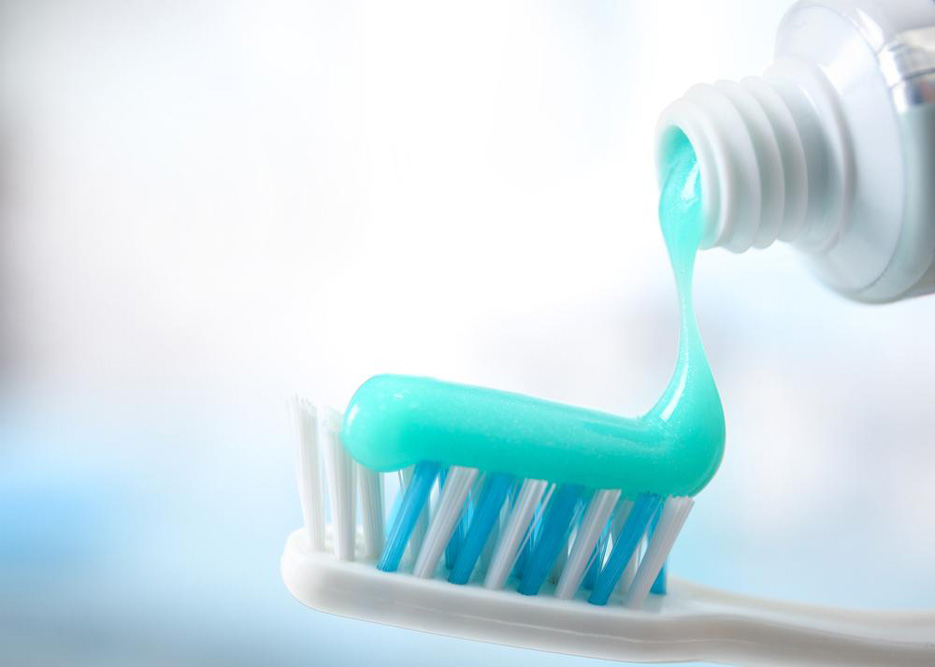Comprehensive Guide to Achieving Optimal Oral Hygiene and Preventing Plaque Build-Up
Maintaining optimal oral hygiene is vital for a radiant smile and overall health. This comprehensive guide explores effective strategies including proper brushing, flossing, diet, and professional dental care to prevent plaque buildup, protect teeth, and ensure long-term dental wellness. Discover easy habits to keep your mouth healthy and your smile bright with expert tips and detailed advice.
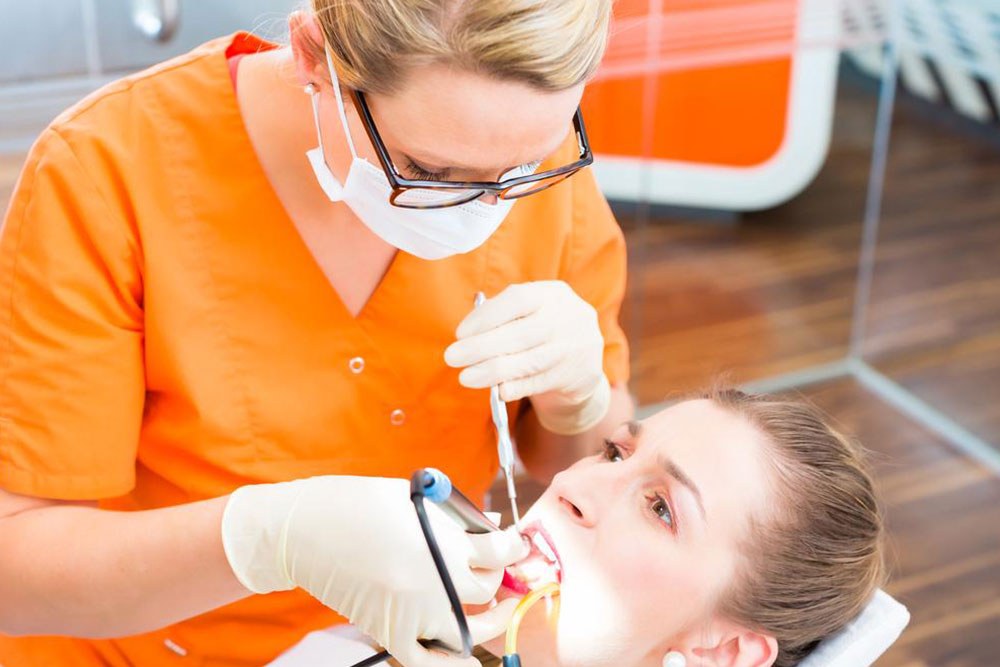
Comprehensive Guide to Achieving Optimal Oral Hygiene and Preventing Plaque Build-Up
A beautiful, confident smile can enhance your overall appearance and boost self-esteem. To maintain this, keeping your teeth white, healthy, and free from plaque is essential. The human mouth harbors a diverse ecosystem of nearly 600 bacterial species, many of which tend to settle on teeth and gums, forming sticky layers known as plaque. If not adequately managed, plaque accumulation can lead to discoloration, cavities, and gum disease. Therefore, establishing a thorough oral hygiene routine is crucial for long-term dental health.
Understanding the process of plaque formation and taking proactive measures to prevent it can significantly reduce dental issues. Plaque forms within 24 to 48 hours after cleaning, creating a breeding ground for bacteria that produce acids damaging to your teeth. Over time, if plaque isn't removed, it calcifies into tartar, a hardened deposit that only professional dental cleaning can eliminate. These deposits can cause enamel erosion, decay, gingivitis, and periodontal disease, compromising your oral health and overall well-being. By adopting effective habits and routine care, you can maintain a clean mouth, fresh breath, and a radiant smile.
Proper Brushing Techniques: Brush your teeth at least twice a day using fluoride toothpaste and a soft-bristled toothbrush. Ensure each brushing session lasts a minimum of two minutes, covering all surfaces of your teeth—outer, inner, and chewing surfaces. Use gentle, circular motions and short strokes to avoid damaging your gums. Replace your toothbrush every three to four months or sooner if the bristles fray. Whether you prefer manual or electric toothbrushes, correct technique is key to effective plaque removal.
Daily Flossing Practice: Flossing daily is essential to remove debris and plaque from areas that toothbrushes cannot reach—particularly between teeth and beneath the gumline. Use about 18 inches of floss, wrapping it around your fingers and gently sliding it between each tooth in a sawing motion. Curving the floss into a C-shape around each tooth helps clean the sides thoroughly. If traditional floss is challenging, consider interdental brushes or dental picks to maintain interdental health.
Incorporating Mouthwash: An antimicrobial mouthwash can significantly reduce bacterial load and freshen breath. Rinse with an alcohol-free mouthwash containing natural ingredients such as tea tree oil, peppermint, or other plant extracts for a gentle yet effective clean. Use mouthwash after brushing and flossing to reach areas that are difficult to clean with a toothbrush and floss alone.
Smart Dietary Choices: Your diet plays a vital role in oral health. Limit consumption of sugary and acidic foods and beverages like candies, sodas, fruit juices, and processed snacks, which promote bacterial growth and enamel erosion. Instead, incorporate crunchy vegetables like carrots, celery, and leafy greens that naturally scrub teeth and stimulate saliva production, aiding plaque control. Dairy products such as cheese help maintain a balanced oral pH and provide essential nutrients for stronger teeth.
Routine Dental Check-Ups: Regular visits to your dentist—at least twice a year—are crucial for maintaining oral health. Professional cleaning removes tartar buildup and detects early signs of dental problems before they become severe. Dentists may apply sealants to protect against decay or recommend fluoride treatments to strengthen enamel. Early intervention from dental professionals helps preserve your natural teeth and prevents costly dental procedures later on.
Achieving and maintaining excellent oral hygiene is straightforward with consistent habits and routine care. Combining proper brushing, daily flossing, a balanced diet, and regular dental visits ensures a healthy, plaque-free smile that radiates confidence. Remember, investing time in oral health today fosters long-lasting benefits, contributing to both your aesthetic appeal and overall health. Make these practices a daily priority and enjoy the advantages of a bright and healthy smile for years to come.
